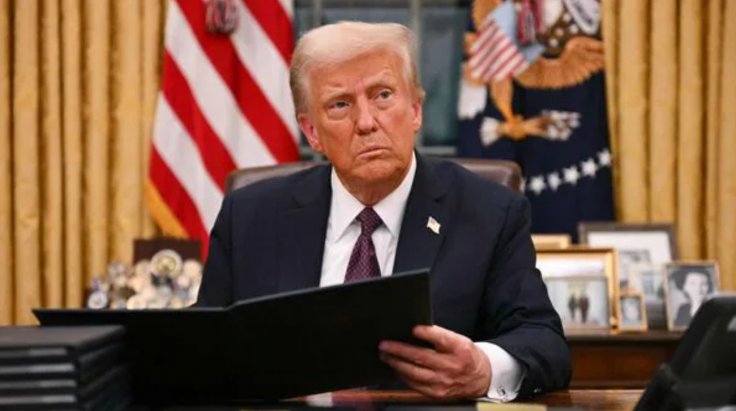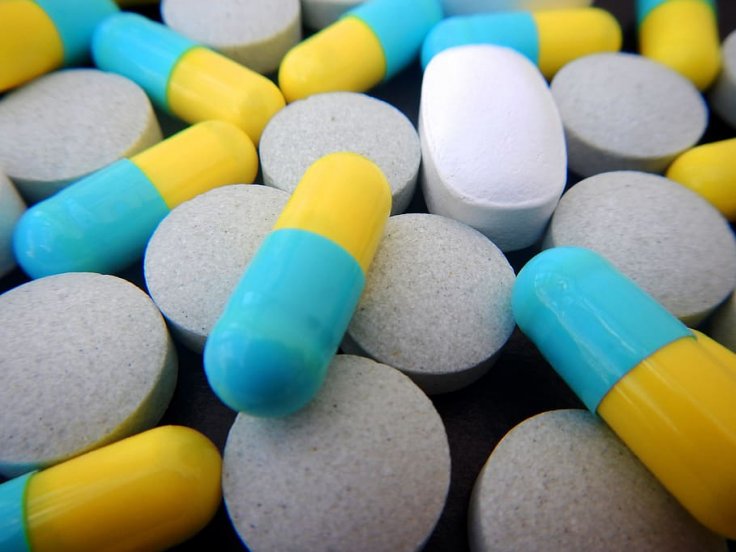President Trump has vowed to restore "FAIRNESS TO AMERICA!" by drastically cutting prices of prescription drugs through an executive order he is set to sign on Monday morning. Trump called the move one of the most significant actions in U.S. history that will see prices of prescription drugs reduced drastically.
Trump said that his decision would lead to higher prescription drug prices worldwide as a way to create balance. He has also vowed to enforce a "most favored nation" pricing policy, which he claimed would reduce the cost of pharmaceuticals and prescription drugs "almost immediately, by 30% to 80%," according to a Truth Social post he made on Sunday night.
Move That Will Help Millions

"I will be instituting a MOST FAVORED NATION'S POLICY whereby the United States will pay the same price as the Nation that pays the lowest price anywhere in the World," he added. The United States spends $400 billion annually on prescription drugs — often paying three times more than other countries and usually outspending every other nation.
Trump said he aims to eliminate the gap. While he didn't provide details in his announcement — which he had earlier hinted would be "one of the most important and impactful" posts he's ever shared on Truth Social — he vowed to include the full details in the executive order set for release on Monday morning.
"For many years the World has wondered why Prescription Drugs and Pharmaceuticals in the United States States of America were SO MUCH HIGHER IN PRICE THAN THEY WERE IN ANY OTHER NATION, SOMETIMES BEING FIVE TO TEN TIMES MORE EXPENSIVE THAN THE SAME DRUG, MANUFACTURED IN THE EXACT SAME LABORATORY OR PLANT, BY THE SAME COMPANY???" he wrote.
"It was always difficult to explain and very embarrassing because, in fact, there was no correct or rightful answer."
Dawn of a New Era Under Trump

With this announcement, the president is reimplementing a proposal he previously tried to enforce during his first term — a move that was ultimately halted by federal courts and later reversed by the Biden administration.
Back then, the courts ordered that Medicare was not allowed to negotiate drug prices. However, that legal roadblock was lifted in 2022 when Democrats passed the Inflation Reduction Act, granting Medicare limited authority to negotiate prices for certain medications.
Trump's first-term policy during aimed to link Medicare's payments for certain doctor-administered drugs to the lowest prices paid by a group of economically advanced nations. These countries typically pay far less than the U.S. because their governments regulate drug pricing.
The administration estimated the plan would have saved $85 billion over a seven-year period.
Experts told CNN that if the new plan is similar to the 2020 version, it could also restrict patients' access to some medications, depending on how the policy is implemented.
The pharmaceutical industry is expected to strongly oppose the proposed changes.









